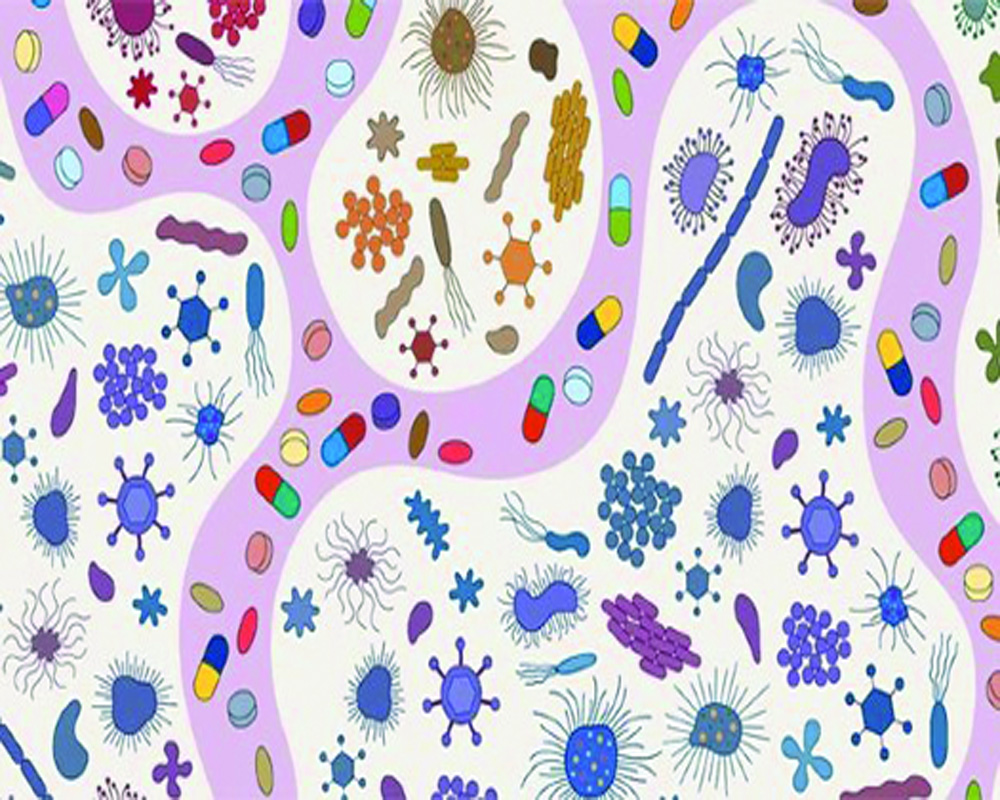Awareness is crucial to stop misuse of antibiotics to stop antimicrobial resistance and its harmful side-effects
As we observe ‘World Antimicrobial Awareness Week (WAAW) 2024’ under the theme ‘Educate. Advocate. Act Now,’ we are reminded of both the remarkable achievements of antimicrobial medicine and the escalating threat posed by antimicrobial resistance (AMR). This year’s theme serves as a clarion call for individuals, healthcare providers and policymakers to unite in protecting these life-saving drugs. Through education, advocacy and immediate action, we can address the growing crisis and secure a healthier future for all.
Life Before Antibiotics: A Fragile Existence
For much of human history, infections posed a dire threat to survival. Minor injuries, routine childbirth, or surgical procedures often led to fatal outcomes due to the lack of effective treatments. Ancient civilisations turned to natural remedies such as herbs, honey and garlic, but these measures were often inadequate. The concept of microbes and the role of hygiene were poorly understood, enabling infectious diseases to spread rapidly with devastating results.
The Antibiotic Revolution: A New Era of Medicine
The discovery of penicillin by Alexander Fleming in 1928 marked a turning point in medical history. By the 1940s, penicillin was widely used to treat infections during World War II, saving countless lives. This success ushered in the "golden age" of antibiotics, spanning the 1940s to the 1960s, with groundbreaking drugs like streptomycin and tetracycline offering solutions to diseases once thought incurable.
These "miracle drugs" revolutionised healthcare, enabling complex surgeries, cancer therapies, and organ transplants that depended on effective infection control. Antibiotics became synonymous with progress and hope, reshaping our approach to health and longevity.
AMR: A Global Crisis in the Making
While antimicrobials transformed healthcare, their misuse and overuse have driven the global crisis of antimicrobial resistance. Mismanagement of these drugs has undermined their effectiveness, allowing resistant strains of bacteria to flourish.
Misuse and Overuse: Antibiotics are frequently prescribed for conditions like viral infections (e.g., the common cold), where they have no effect. In agriculture, antimicrobials are used excessively, often to promote animal growth rather than treat illness. This practice creates resistant bacteria that can transfer to humans through the food chain.
Underuse: Failing to complete prescribed antibiotic courses, skipping doses, or using leftover medications allows bacteria to survive and develop resistance.
Examples such as Methicillin-resistant Staphylococcus aureus (MRSA) highlight the danger of resistance. Once easily treatable, infections like MRSA now require last-resort drugs, which are often more toxic, expensive, and less effective.
The Innovation Gap:
Despite the urgent need for new treatments, the development of antibiotics has stagnated. No new classes of antibiotics have been discovered in recent decades, leaving humanity vulnerable to resistant pathogens. Developing antibiotics is an expensive and time-consuming process and limited financial incentives deter pharmaceutical companies from pursuing research in this field. As a result, existing drugs are our most critical line of defense, underscoring the need to use them responsibly.
Educate:
Public education is a powerful tool in combating AMR. Raising awareness about the proper use of antibiotics is crucial to reducing unnecessary prescriptions. Antibiotics are effective only against bacterial infections, not viruses. Simple practices, such as completing prescribed courses and avoiding sharing or stockpiling antibiotics, can significantly reduce resistance. Community outreach programs and health campaigns are essential in promoting a deeper understanding of AMR and fostering responsible antimicrobial use.
Advocate:
Governments, healthcare organisations, and advocacy groups play a pivotal role in addressing AMR. Policies that regulate antimicrobial use in agriculture, improve prescribing practices, and promote the use of diagnostics can help mitigate resistance. Antimicrobial Stewardship Programmes in hospitals encourage responsible antibiotic use, ensuring patients receive appropriate treatment while minimising unnecessary exposure.
(The writer is Neuropsychopharmacology Institute of Human Behaviour & Allied Sciences & President, DSPRUD; views are personal)


























